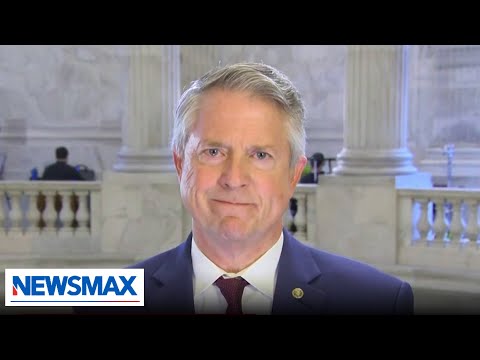In the world of politics, change is always in the air, and it seems the Trump administration is gearing up for some significant shifts, particularly in the realm of education and fiscal responsibility. Recently, chatter around the nomination of Linda McMahon for Secretary of Education has drawn attention. McMahon, known for her efforts supporting small businesses, is expected to tackle the heavy lifting of returning authority back to the states and promoting school choice. Senators are optimistic about her ability to shake things up and reduce the federal government’s footprint in education.
The current state of American education is a resounding issue. Despite spending more per pupil than any other country, the U.S. finds itself ranked at the bottom of the list in terms of educational success. It appears that throwing money at the problem isn’t working. The solution, according to many in the GOP, lies in empowering local communities. The goal? To let parents be the ones to choose what’s in their children’s best interests when it comes to learning. After all, who knows kids better than their own parents?
As McMahon prepares to dive into her new role, she aims to address the underlying problems plaguing the education system. The hope is for her to champion initiatives that give control back to parents and local communities, rather than bureaucratic entities that may not always have a finger on the pulse of what students truly need. Many believe that reducing federal involvement could ultimately lead to a more effective educational framework that empowers states and families alike.
While the education world is buzzing, Congress is also facing another batch of heated discussions concerning budget reconciliation. The government funding deadline is approaching, and there’s a lot of speculation about whether a massive, all-in-one bill or a series of smaller measures will be on the table. Supporters of Trump’s agenda are pushing for a budget that prioritizes border security, military revitalization, and responsible energy policies—all on a tight leash regarding spending. The goal? Restore what many are calling “fiscal sanity” in Washington.
One key strategy involves making Trump’s tax cuts permanent—something that would reportedly save the average American family nearly $1,000 a month. The echoes of tax reform are loud and clear among conservatives. There’s also chatter about potentially lifting taxes on Social Security and overtime wages. The message is clear: with thoughtful fiscal management, there’s hope for a balanced budget in the near future, and the support for these measures is gaining momentum.
Amidst these budget discussions, a significant controversy is brewing back home in Kansas. Governor Laura Kelly’s recent veto of a bill aimed at banning “gender-affirming care” for minors has sparked a firestorm of criticism. According to polls, an overwhelming majority of Kansans reject the idea, making it a rare consensus issue among constituents. Critics argue that allowing minors to undergo such irreversible procedures is both dangerous and troubling, likening it to letting young children make outlandish choices without understanding the consequences.
In addressing these critical issues, it seems that Republican leaders are determined to push for reforms that reflect the values of their constituents. From overhauling education to reshaping fiscal policy and standing firm on family values, the party’s focus remains on empowering individuals, securing budgets, and ultimately, looking out for the best interests of American families. Change is on the horizon, and many are hopeful that with the right leadership, positive transformations will become a reality.



